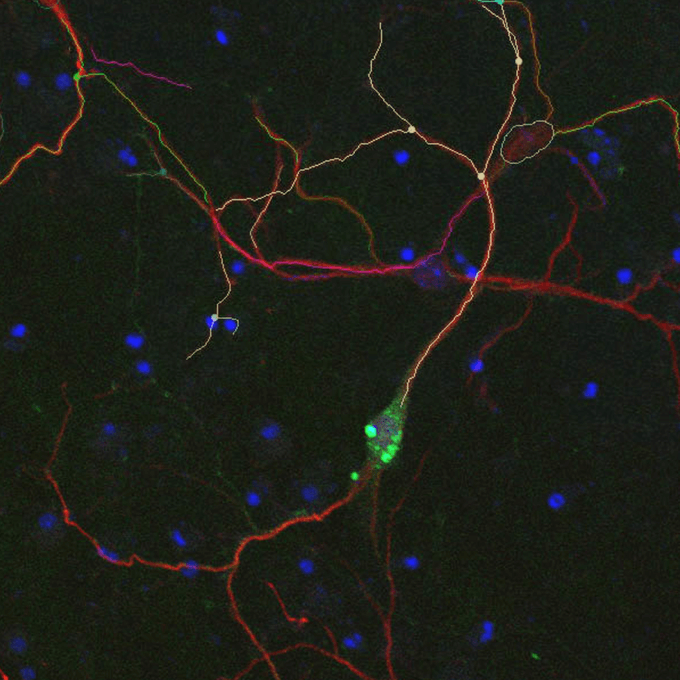Mitochondrial dysfunction
We have been studying the role of mitochondrial dysfunction in bipolar disorder based on our previous findings; altered energy metabolism observed by magnetic resonance spectroscopy, comorbidity of mitochondrial diseases and mood disorders, and accumulation of mitochondrial DNA (mtDNA) in the patients’ brains. We found that the model mice generated based on this hypothesis showed recurrent and spontaneous depression-like episodes. Based on a hypothesis that mood stabilizing neurons are impaired by mitochondrial dysfunction, we searcher for specific brain areas accumulating mitochondrial mutations and identified paraventricular thalamic nucleus (PVT). Inhibition of neural transmission of PVT neurons by tetanus toxin expression also caused similar hypoactivity episodes. We are now studying the mechanism of how mitochondrial dysfunction causes bipolar disorder; why mtDNA mutations are accumulated in specific brain areas and what cellular dysfunction are caused by accumulation of mtDNA mutations.

